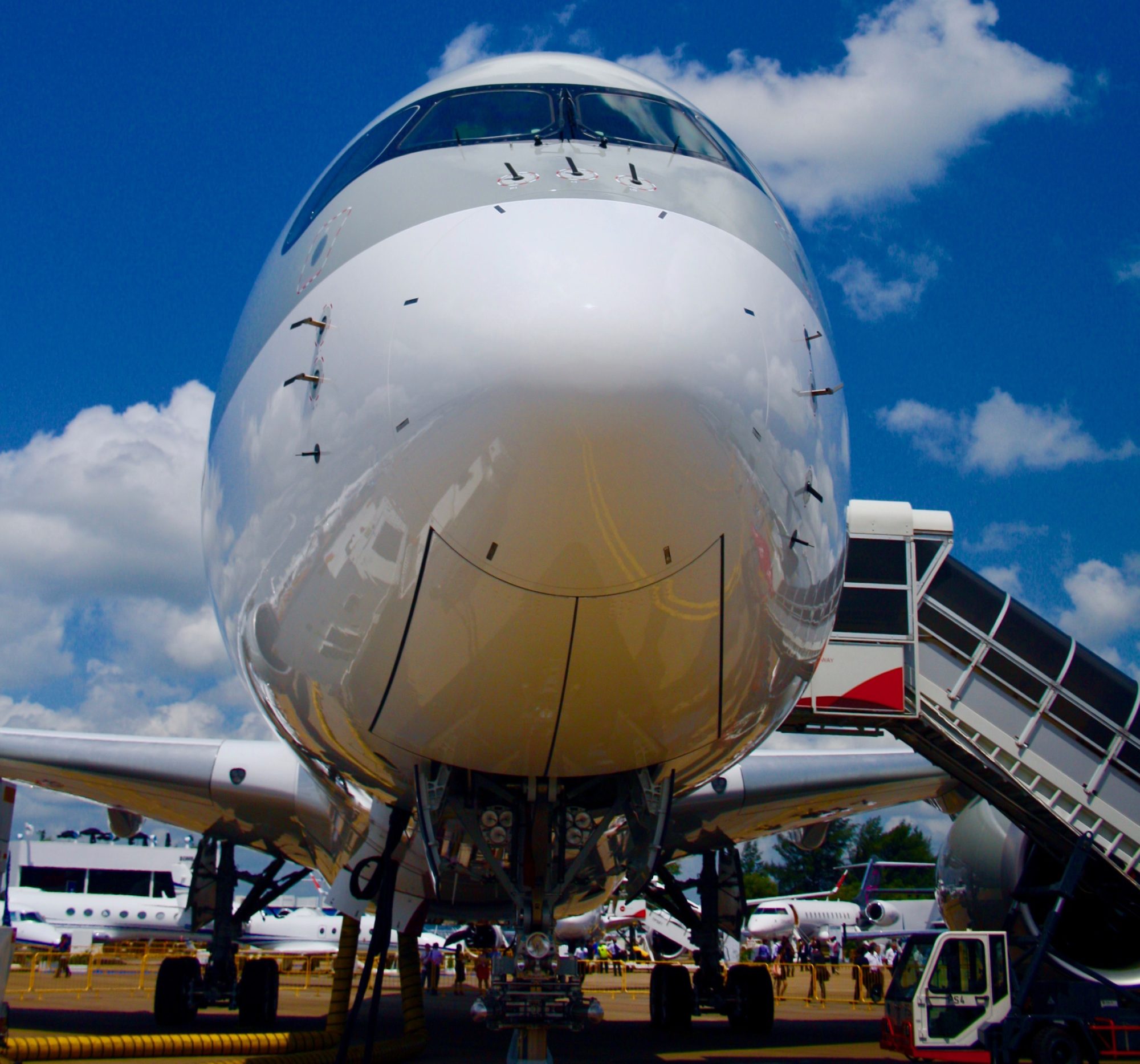It is not normal for your dog to vomit after surgery, and it could be due to pain, medication or effects from anesthesia, fever, infection, inflammation, or complications of the surgery itself. Getting your pet immediate medical attention can be the difference between life and death. Drugs used during anesthesia can slow down gut movement in general. Laryngeal paralysis is a condition that causes dysfunction of the larynx causing reduced ability to breathe deeply and can obstruct the airway. He was have some abdominal breathing and lungs had wheeze. If you purchase a product through this article, we may receive a portion of the sale. I want to share one more story with you. Sadly, the underlying neurologic issues causing Maxs laryngeal paralysis progressed, and he developed significant weakness in his hind end. Caring For Your Dog After Surgery - Tracy Vets dog coughing after tie back surgery - regalosh.com We continued to fight the reflux. How long does it take for a dog to recover from aspiration pneumonia? Specific aftercare instructions will vary depending on the nature of your dogs surgery, their condition before the procedure, and whether there were any complications. Although he didnt breathe with the same disturbing effort, his breathing was still louder than it was before his laryngeal paralysis started and his bark still sounded hoarse. Praying for a positive outcome. MSU had been researching the disease so I knew it was the right place.. This is just a rough estimate though and calling around is the best way forgetting price quote for laryngeal tieback surgery in dogs. The day he came to see me, I ordered X-rays and bloodwork, and sedated Max for a laryngeal exam. Hi Mario, tracheostomy, "tie-back" surgery. Common sense tells you that the cough must have something to do with the surgery, but you're not sure exactly what is causing it. thank you. <> Your dog's nose may run after surgery for several different reasons. The day of the appointment, Wendys husband noticed Rustys breathing had changed. However, if you are worried, or they seem more lethargic than expected, or they are not perking up with time, or you cannot rouse them, check in with your vet right away. The only treatment for laryngeal paralysis is a surgical procedure to tie back the laryngeal folds.


pictures of skin biopsy healing
The Future starts Here